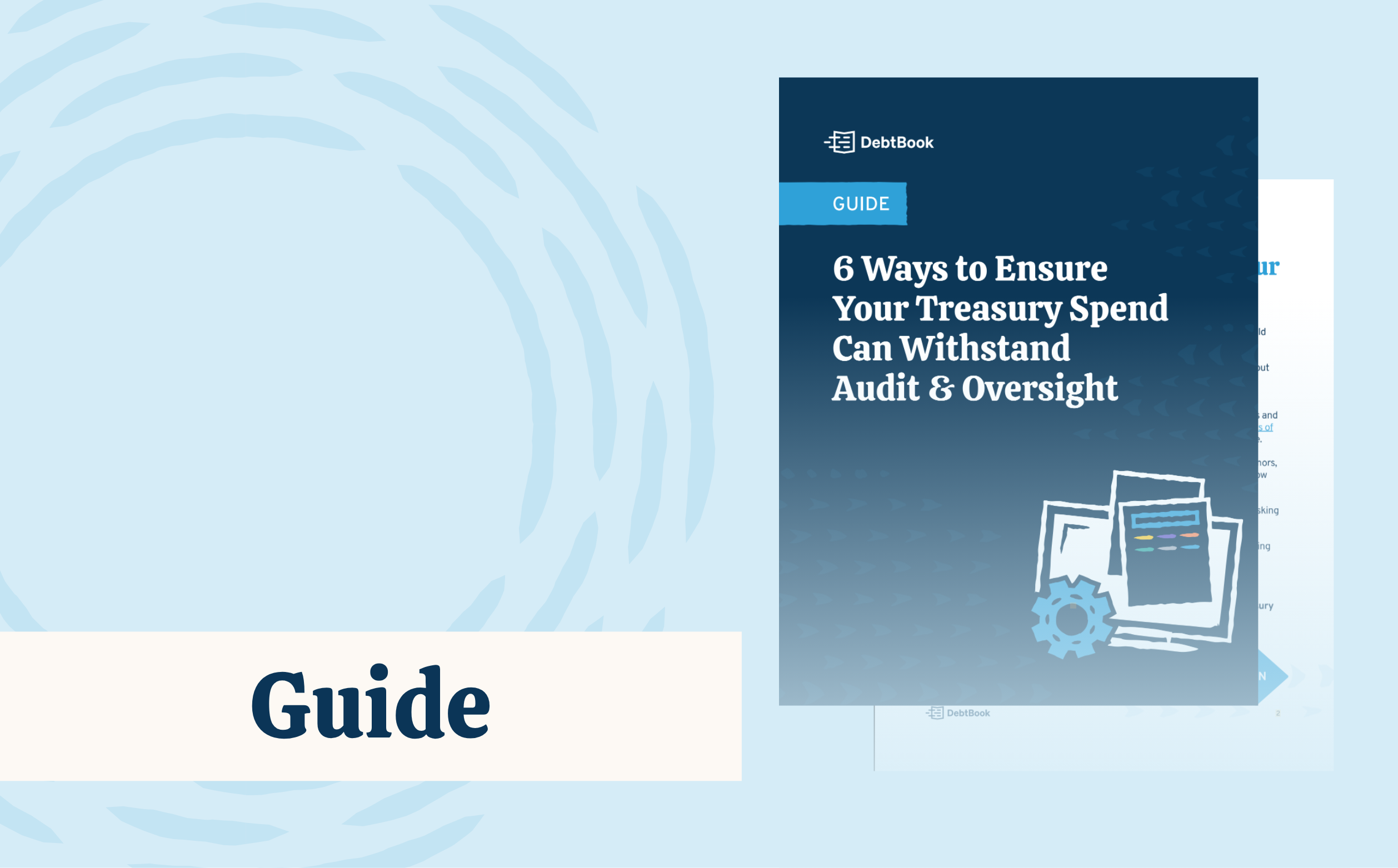For teams working in local governments, public higher education, and healthcare, the end of your financial year can often produce feelings of audit dread and stress. Scrambling to meet deadlines, locate source documentation, and support your stated assumptions can feel overwhelming. But, if you have a solid plan and good financial practices in place, audits don’t have to be painful. With an audit strategy and a little bit of preparation at your year-end closing, you can relax when the auditors arrive.
Read ahead to learn important considerations and what your auditor will request from you during audit season.
What is a Financial Audit?
A financial audit is an essential process that provides a formal evaluation of the accuracy of your organization's financial records. This type of audit offers assurance that financial statements are free from material misstatement and are in accordance with applicable accounting standards. Conducted by independent auditors, these audits dive into various components such as assets, liabilities, revenue, and expenses to verify their validity and reliability.
The process not only enhances transparency and accountability but also helps in reinforcing the confidence of stakeholders, including taxpayers, donors, and grant-making bodies. This is why a financial statement audit is a critical tool for maintaining fiscal responsibility and integrity within public and educational institutions.
Important Considerations to Help You Prepare for a Financial Audit
No finance team looks forward to an audit. Luckily, while they can’t be avoided all together, there are certain processes that can be put in place to ease stress and ensure the lowest possible risk of errors. A smooth audit process starts with a solid foundation of organization, accessibility, and compliance. Addressing these areas can significantly speed up your audit process and drastically reduce stress for both you and your auditor.
Organization
The most important consideration as you begin preparing for audits is organization. Audit files in disarray without a clear path as to how you arrived at certain assumptions and financial balances is your auditor’s worst nightmare. Your auditor relies on organized and easily searchable source documentation to complete their examination. The more you can prepare ahead of time to have source documentation, general ledger balances, and schedules available, the faster and easier your audit can be completed. To ensure you have all necessary information organized and readily accessible, it’s advisable to review your previous audits and proactively gather the information that auditors have requested in the past.
To further enhance your organization, categorize and digitize all relevant documents. This modern approach not only streamlines the retrieval process but also allows for a more efficient review and analysis by auditors. Implement a structured digital filing system where documents are labeled according to clear, logical categories such as year, type of document, and relevant department or function. Also, maintaining a detailed index or a digital database that can be easily navigated ensures that any document can be quickly located without unnecessary delay.
These practices not only prepare you for a smoother audit process but also enhance overall operational efficiency by minimizing the time spent on locating and organizing financial information.
Accessibility
Accessibility is critical in helping your auditors be as autonomous as possible. By providing your auditors with access to your network, data, source documentation, and disclosure notes, the audit cycle can be drastically reduced, cutting out the countless hours and emails sent asking for key information and documentation. Better yet - some financial software allows for external users to have limited access to your database. You can invite your auditors to the platform and allow them to locate, collect, and analyze the data they need to complete their audit procedures without needing you to intervene.
Using modern financial software that supports external user access can transform how audits are conducted. By allowing auditors direct access through platforms like DebtBook, you enable them to independently locate, collect, and review the necessary financial data and documentation. This capability significantly reduces the time spent by your team in assisting auditors with data requests, thereby allowing them to focus on other critical tasks.
Having a single, centralized source for all financial documents ensures that the information is consistent and up-to-date. This integrity is important during audits, as it prevents discrepancies and confusion that can arise from using outdated or inconsistent documentation.
Compliance
It’s important to be aware of new accounting standards and understand how to comply with them. As an example, during the 2021 audit season, GASB 87 was top of mind for many; this standard fundamentally changed the way that both lessors and lessees recognized and disclosed leases.
Moving forward, you should have a plan in place to comply with ongoing GASB regulations long before your audits are due. Trusting a software solution to help you implement and comply with these regulations will drastically lift the burden off your team and will ensure a smoother audit season.
What Will Your Auditor Request from You?
To give us some insights into what an auditor will likely request to see from a local government, higher education institution, or healthcare facility, we asked a CPA and former state and local government auditor how finance teams can get audit ready. Their advice:
“Your audits will go a lot smoother if you have all of your lease contracts and key lease details in an easily readable format and have journal entries and financial statement note disclosures available and ready to review.”
Below we have gathered a list of items your auditor will likely request from you. We recommend you locate or prepare these items as part of your audit preparation checklist.
- Centralized location for lease documents that includes the whole population of leases you are disclosing
- Centralized location with the highlighted data points for each individual lease
- Centralized location with all lease schedules
- All other contracts that were evaluated and the justification around why they were considered not to be a lease
- Support for reasonably certain assumptions (i.e., extension options, termination options, etc.)
- Journal entries and general ledger balances
- Financial statement drafts
- Note disclosures
- All other source documentation or relevant support
How DebtBook Can Help
DebtBook makes powerful, easy-to-use, cloud-based debt and lease management software for government, higher education, and healthcare finance teams. DebtBook helps you stay organized by providing a centralized repository for all your debt and lease schedules and contracts, enabling access to up-to-date payment projections, and surfacing the underlying documentation requested by auditors.
DebtBook also allows you to invite unlimited users to your workspace and puts you in control with the level of access you grant external guests, such as auditors, CPAs, or advisors. This functionality means your auditor can access the data and documentation they need without needing much assistance from you or your finance team, greatly accelerating the time it takes to complete their examination.
Disclaimer: DebtBook does not provide professional services or advice. DebtBook has prepared these materials for general informational and educational purposes, which means we have not tailored the information to your specific circumstances. Please consult your professional advisors before taking action based on any information in these materials. Any use of this information is solely at your own risk.











